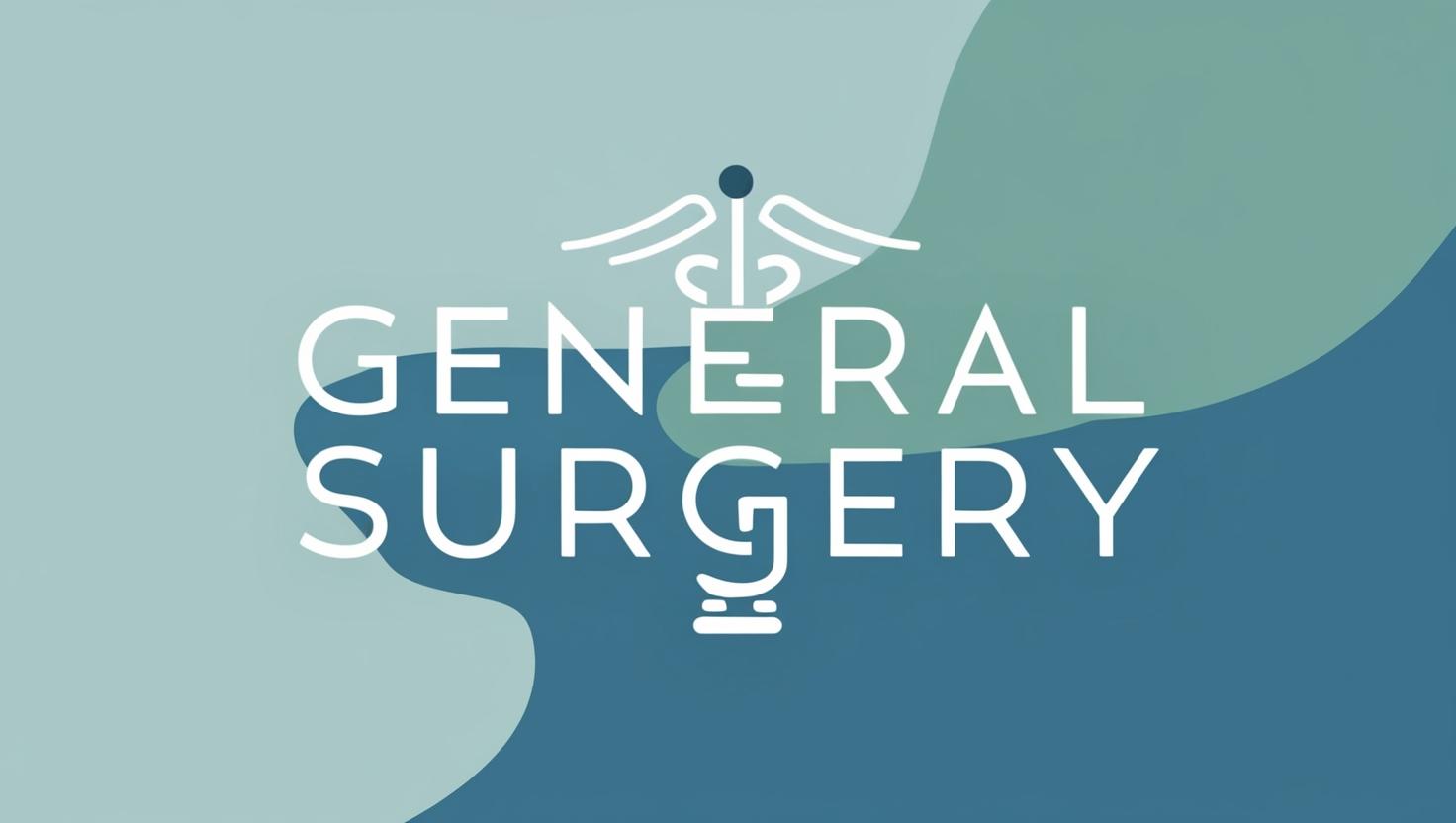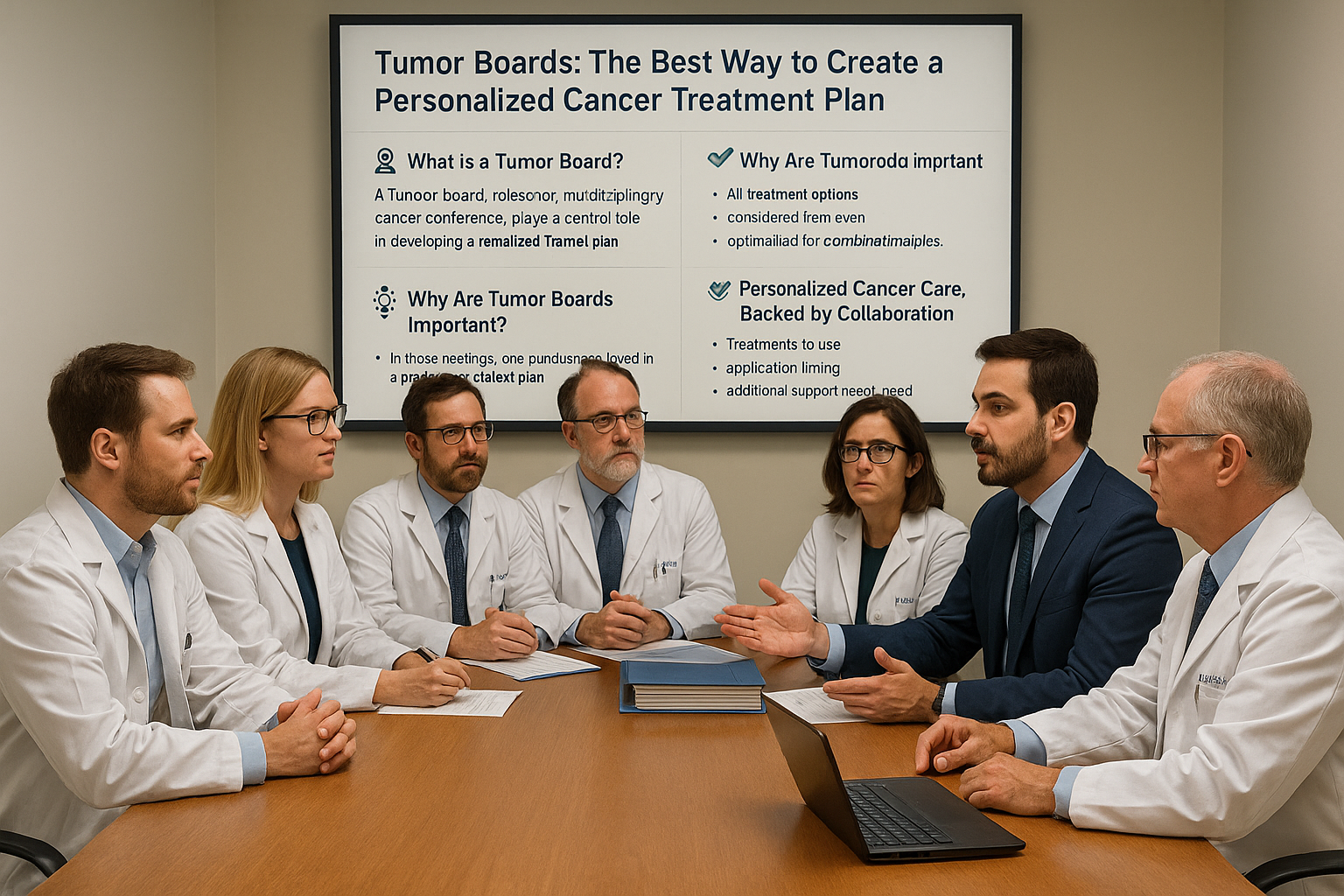Gastroscopy & Colonoscopy as Cancer Screening Tools
Early Detection Saves Lives
Why Cancer Screening Matters
Many cancers of the digestive tract—such as esophageal, stomach, and colorectal cancer—develop slowly and silently, often without symptoms in the early stages. By the time symptoms appear, the disease may be more advanced and harder to treat.
Screening tests like gastroscopy and colonoscopy can detect these cancers early, when treatment is most effective—or even prevent them altogether by identifying and removing precancerous changes.
What is a Gastroscopy?
Gastroscopy (or upper endoscopy) involves passing a thin, flexible tube with a camera through the mouth to examine the esophagus, stomach, and the first part of the small intestine.
Used to Screen For:
-
Esophageal cancer
-
Stomach (gastric) cancer
-
Precancerous lesions, such as Barrett’s esophagus or chronic atrophic gastritis
Who Should Consider It?
-
People with a family history of upper GI cancers
-
Individuals with longstanding acid reflux or Barrett’s esophagus
-
Patients with Helicobacter pylori infection or gastric atrophy
-
Those from high-risk regions (e.g., East Asia) where gastric cancer is more prevalent
What is a Colonoscopy?
Colonoscopy uses a long, flexible camera inserted through the rectum to view the entire colon and rectum.
Used to Screen For:
-
Colorectal cancer
-
Precancerous polyps (adenomas)
Who Should Get Screened?
-
Everyone aged 45 and above (earlier if at higher risk)
-
People with a family or personal history of colorectal cancer or polyps
-
Patients with inflammatory bowel disease (ulcerative colitis, Crohn’s)
-
Those with unexplained gastrointestinal symptoms or positive stool tests
How Do These Tests Prevent Cancer?
Gastroscopy:
-
Detects early tumors or precancerous changes
-
Biopsies can be taken during the procedure
-
Enables early treatment of lesions before they progress
Colonoscopy:
-
Finds and removes polyps before they become cancerous
-
Can detect cancer at an early, treatable stage
-
Reduces risk of dying from colorectal cancer by up to 68%
What to Expect
-
Outpatient procedures with sedation for comfort
-
Preparation:
-
Gastroscopy: No food or drink for 6 hours
-
Colonoscopy: Bowel preparation and clear liquid diet
-
-
Safe, quick recovery with minimal downtime
-
Results often available the same day or shortly afterward
Don’t Wait for Symptoms
Cancer screening is not just for people with symptoms. In fact, these procedures are most effective when performed before any signs appear.
Early detection means more treatment options, less aggressive therapy, and better outcomes.





